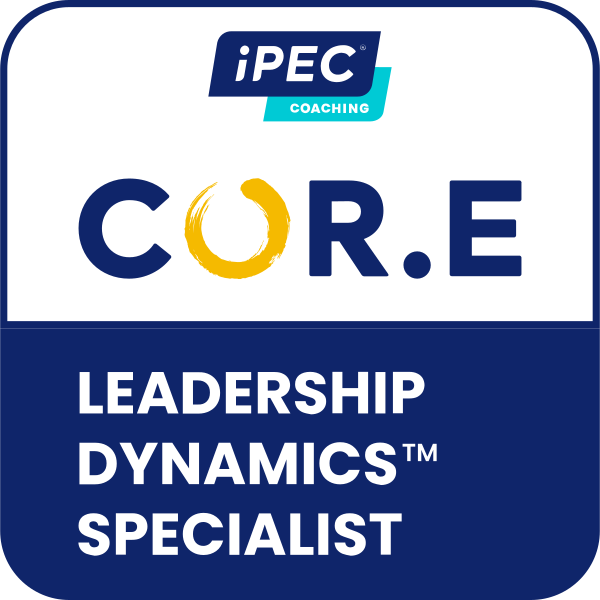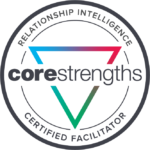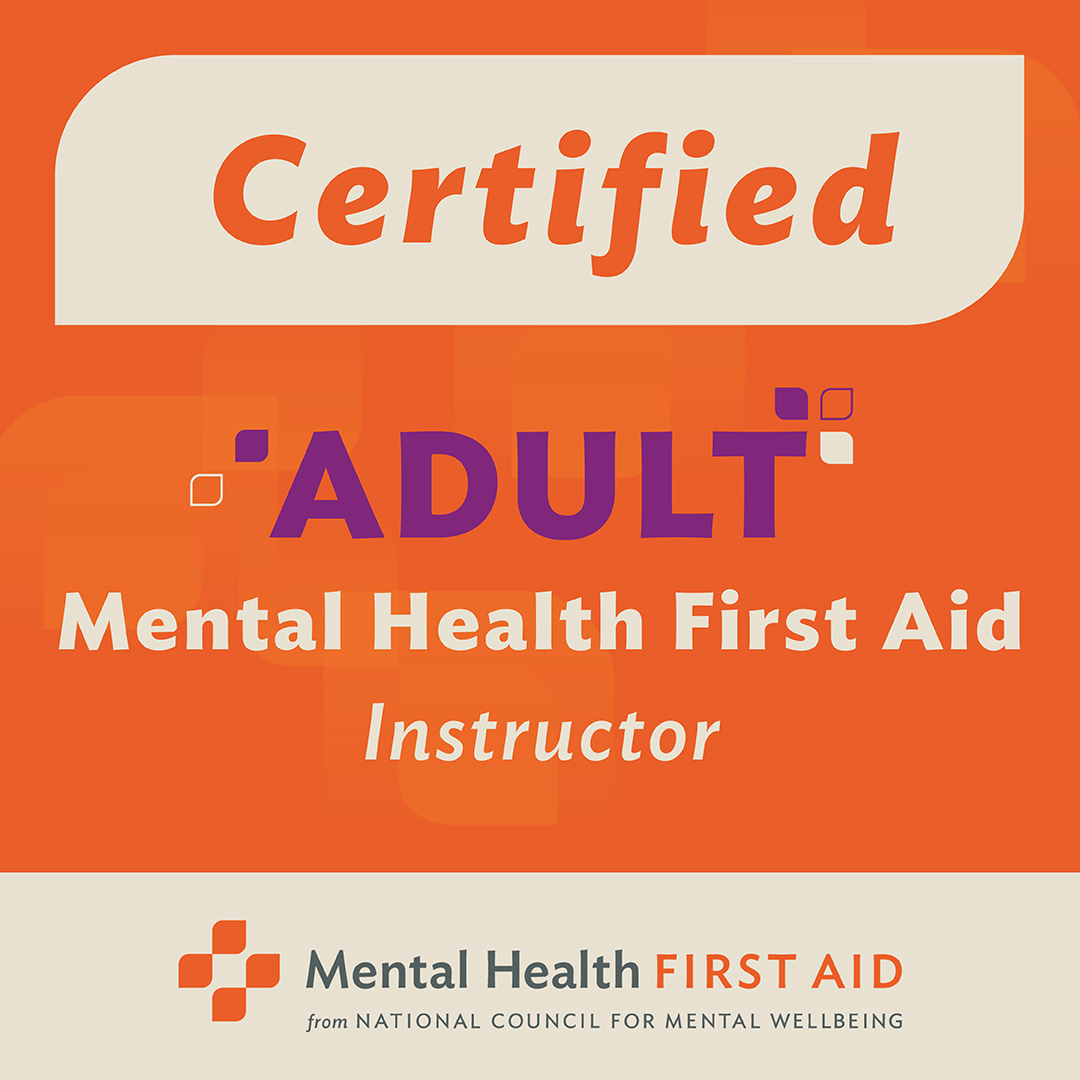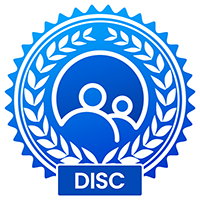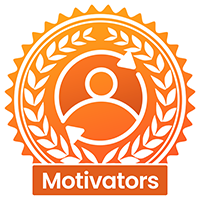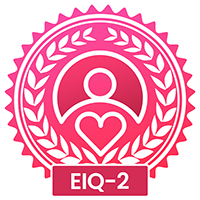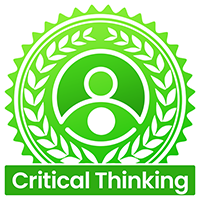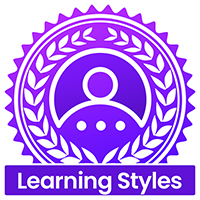When you inspire passion the result will be individual satisfaction that delivers dynamic performance.
Let’s discuss how Corporate Performance and Leadership Coaching can benefit your organization.
COMPLETE THE CONTACT FORM BELOW
You will not be added to any email or marketing lists. This is for direct communication purposes only.
Corporate Performance and Leadership Coaching
Corporate coaching is a valuable resource for organizations seeking to develop their talent pool, improve leadership effectiveness, and enhance overall workplace performance. It is a collaborative process that aligns individual growth with organizational objectives, ultimately contributing to the success and growth of both the individual and the company.
The process of corporate performance coaching, often referred to as executive coaching or leadership coaching, is designed to support employees, managers, or executives within an organizational context. The process typically involves the following stages:
- Needs Assessment: The coaching process usually begins with a needs assessment, where the organization identifies the areas in which coaching can be most beneficial. This might involve evaluating leadership skills, team dynamics, communication issues, or specific performance challenges.
- Goal Definition: Once the coaching objectives are established, the coach and the coachee (the person being coached) work together to define clear, measurable goals. These goals should align with the organization's overall strategic objectives and the coachee's personal and professional development needs.
- Coaching Sessions: Regular coaching sessions are scheduled, typically lasting an hour and occurring every few weeks. During these sessions, the coach and coachee discuss progress, challenges, and strategies for achieving the established goals.
- Assessments and Feedback: Coaches often use various assessment tools, 360-degree feedback, or performance evaluations to gather data and provide insights. This feedback helps coachees gain a better understanding of their strengths and areas for improvement.
- Skill Development: Coaches provide guidance and support to help coachees develop specific skills and behaviors. This might include leadership skills, conflict resolution, communication, time management, or any other competencies relevant to the coachee's role and goals.
- Action Planning: Coachees work with their coach to create actionable plans that outline the steps needed to achieve their goals. These plans are often reviewed and adjusted throughout the coaching engagement.
- Accountability: Coaches hold coachees accountable for implementing their action plans and making progress toward their goals. Regular check-ins help ensure that coachees stay focused and motivated.
- Feedback Loop: Coaches offer ongoing feedback and guidance, helping coachees refine their approaches and strategies as necessary. This iterative process supports continuous improvement.
- Evaluation and Reporting: At the end of the coaching engagement, the organization and coachee assess the impact of the coaching on performance and overall development. This evaluation informs future coaching initiatives and provides insights into the return on investment.
- Integration and Sustainability: Coachees are encouraged to apply the knowledge and skills gained during coaching to their daily work and leadership roles. Sustainability of the coaching impact is crucial for long-term success.
- Follow-Up: Some organizations may offer follow-up sessions or additional coaching support to ensure that the coachee's development continues on a positive trajectory.


